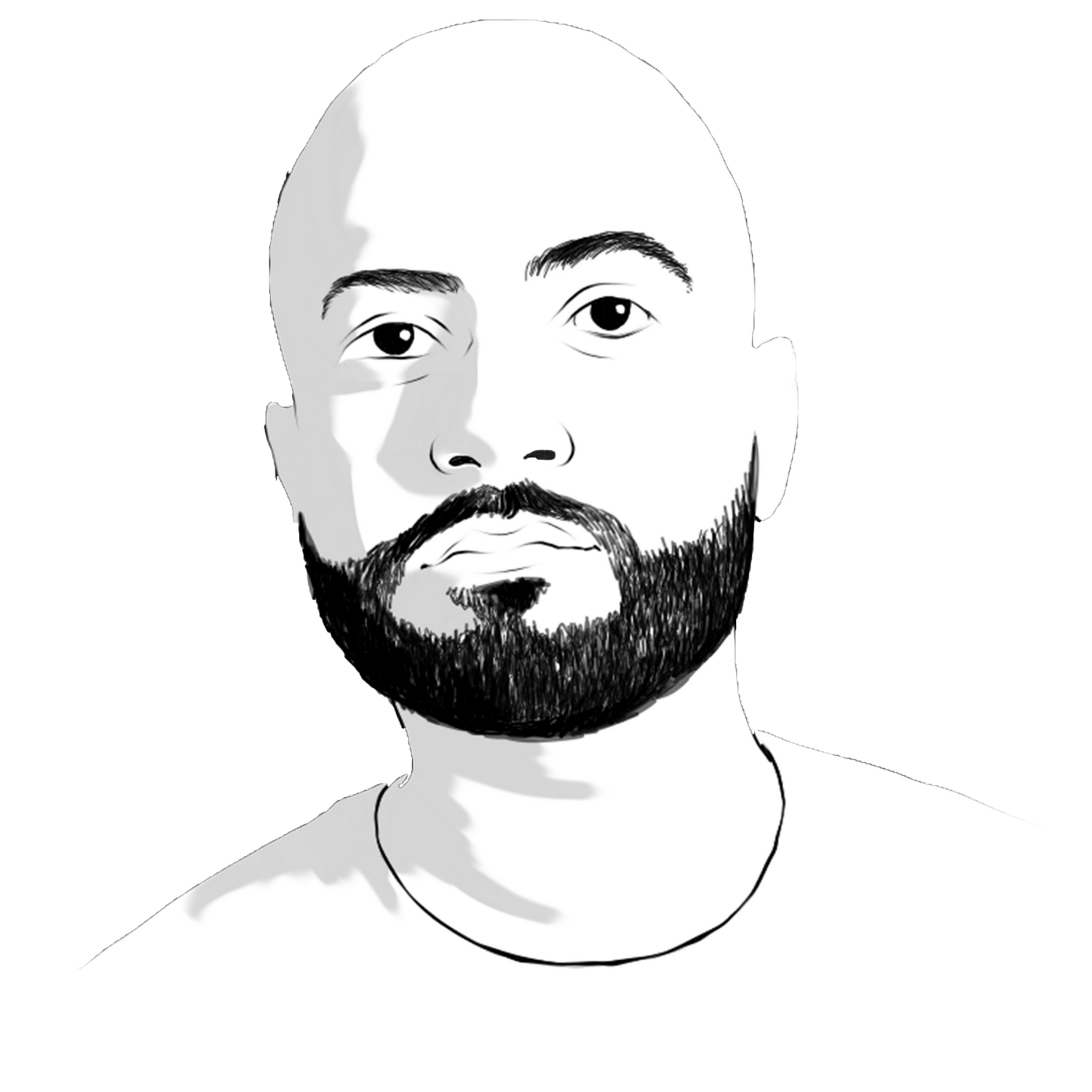Stress Free with an Emergency Fund
Watch the video at https://youtu.be/U5IiBAi0pIU
Welcome back! It’ s Dr. A, associate professor of economics at Northern Kentucky University. Thank you for following this financial literacy series. If you haven't already, make sure to subscribe. And as always, like and share this work with others that might benefit from learning the foundations of financial literacy.
At the NKU Center for Economic Education, Brooklyn Stephens, senior economics student and I are currently working on a project about financial anxiety. According to our research, 32% of people report feeling like their finances control their life, and 54% report that thinking about their finances makes them feel anxious.
The reality is that our finances impact our overall wellbeing. Living paycheck to paycheck creates a lot of stress. I have been there, and know first hand how stressful it can be. Not knowing how you will pay your bills if something goes wrong, either because you can't work or there is an unexpected bill that pops up. Life happens and the unexpected will happen.
There is one thing that I did that helped me break away from the month to month stress of paying bills and towards living a better life. My relationship with money is also much better today. Let's talk about the change I made.
Start an Emergency Fund
The one change that I highly recommend, is to start an emergency fund. In my book of financial steps, developing an emergency fund is the second step after creating a budget and tracking your spending. To start towards your financial freedom you have to break away from the monthly cycle, or the rat race, and you need to develop an emergency cushion. Something that keeps you afloat if unexpected things happen. And we know unexpected things happen all the time, that's life.
What is an emergency fund?
An emergency fund is a liquid savings account that you can tap into in the case of an emergency. There are a couple of things in this definition to keep in mind. First, it needs to be liquid. Liquid means accessible. That means you do not really care much about the rate of return on this account. Your goal is to have it accessible to use. While you want access to it, you want it in a separate account so that it isn't mixed with your daily spending account. The other thing to keep in mind is that this is only used in emergencies. It is a last resort. It is spending that has to happen or otherwise would jeopardize your financial wellbeing. Examples, a broken down car that if not fixed can jeopardize your ability to get to work. Medical bills, unexpected home repair, or job loss are some examples that I can think of. Just be careful not to call something an emergency when it can be deferred. What we call emergency spending can be subjective at times and it is an easy way to justify unnecessary spending at times.
Benefits of having an emergency fund?
The goal of an emergency fund is to build a cushion. To stop you from dipping into debt or credit card markets that have high interest rates when the unexpected in life happens. The cushion also helps you break away from the pay-check to paycheck lifestyle. Allowing yourself to have some space, helps you start to think more clearly about money and your financial situation. I talked about this in a previous video about the economics of scarcity and how the stress of thinking about money can impact the decision making around finances. Build that financial cushion.
How much to set aside?
This is a good question. How much to set aside will vary. The experts and common consensus is that you should set aside 3-6 months of monthly expenses. I think a minimum of 3 months is acceptable, but if you have a specialized job that requires longer than 6 months to replace it, you might want to increase your emergency fund savings to more than 6 months. In the case of a job loss, the last thing you want is to have to take any job just so you can pay bills. Remember searching for a job is a full time job in itself...but that's a different video that I will get to one day.
If 3 months of expenses seem like a lot to get started, then shoot to get started with a thousand dollars. This should be your first financial priority. It will help you feel more at ease.
Where to save the money?
Let us talk about where to save the money. I said you want it to be liquid, accessible, but not too accessible. Talk to your current bank where you have your checking account. You want an account that is separate but that you can transfer to and from your checking account. Since you will not have many transactions on this account, you can get a money market or savings account that might have limits on the number of transactions but provides a slightly higher interest rate. Interest rates today are pretty low, but might as well make a couple of dollars on your emergency fund when interest rates go up. Once again, the return is not the goal with emergency funds. Having it accessible but separate from your daily spending is the goal.
If you have made it this far. Drop a comment, and tell me your thoughts on emergency funds. Do you have one? What's the hardest thing about starting one?
Remember, track your spending, stick to your budget, and start building your emergency fund. The start of the pathway to financial success. Reduce your financial anxiety by developing an emergency fund.

